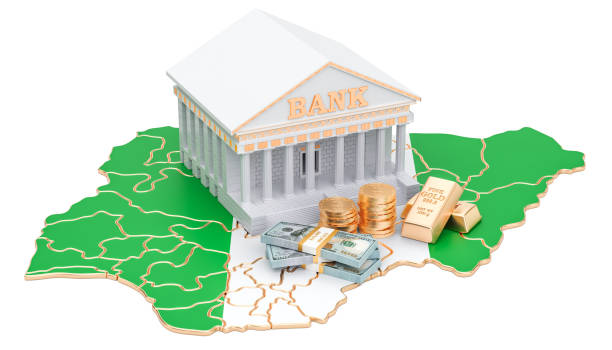The monthly consumer price index (CPI) of the National Bureau of Statistics (NBS) has come under criticism from the International Monetary Fund (IMF).
In a report titled; Nigeria: 2022 Article IV Consultation’, the IMF said the NBS is using the 2003/2004 National Consumer Expenditure Survey to conclude on the CPI or the inflation rate, instead of the 2018 National Household Livings Standards.
Join our WhatsApp ChannelIMF said the 2003/2004 National Consumer Expenditure Survey is outdated and affects the inflation rate reached by the NBS monthly.
The 2003/2004 National Consumer Expenditure Survey is an index basket that includes prices of household goods, foods and other items.
According to the IMF, the inflation rate released by the bureau doesn’t reflect the reality in the Nigerian markets, and the use of the 2018 National Household Livings Standards will make the rate more realistic.
Recall that the NBS released the inflation rate for January 2023, disclosing it rose to 21.82 per cent, up from 21.34 per cent posted for December 2022.
In the IMF report that covers the month of January 2023, IMF urged the NBS to update its price basket or methodology to better capture the market realities.
“The official monthly consumer price index (CPI), a composite of urban and rural price data, is available on a timely basis. However, the index weights and baskets are based on expenditures derived from the 2003/04 National Consumer Expenditure Survey. The weights are severely outdated and are not representative of current expenditure patterns. Outdated weights can introduce a bias into the index.
“The update of the CPI—using new weights from the 2018 National Household Livings Standards Survey—is still ongoing. The compilation of an updated producer price index is ongoing but funding for the survey is uncertain. AFW2 plans to provide additional technical assistance to support the CPI update and improvements to Nigeria’s price statistics.”

















Follow Us